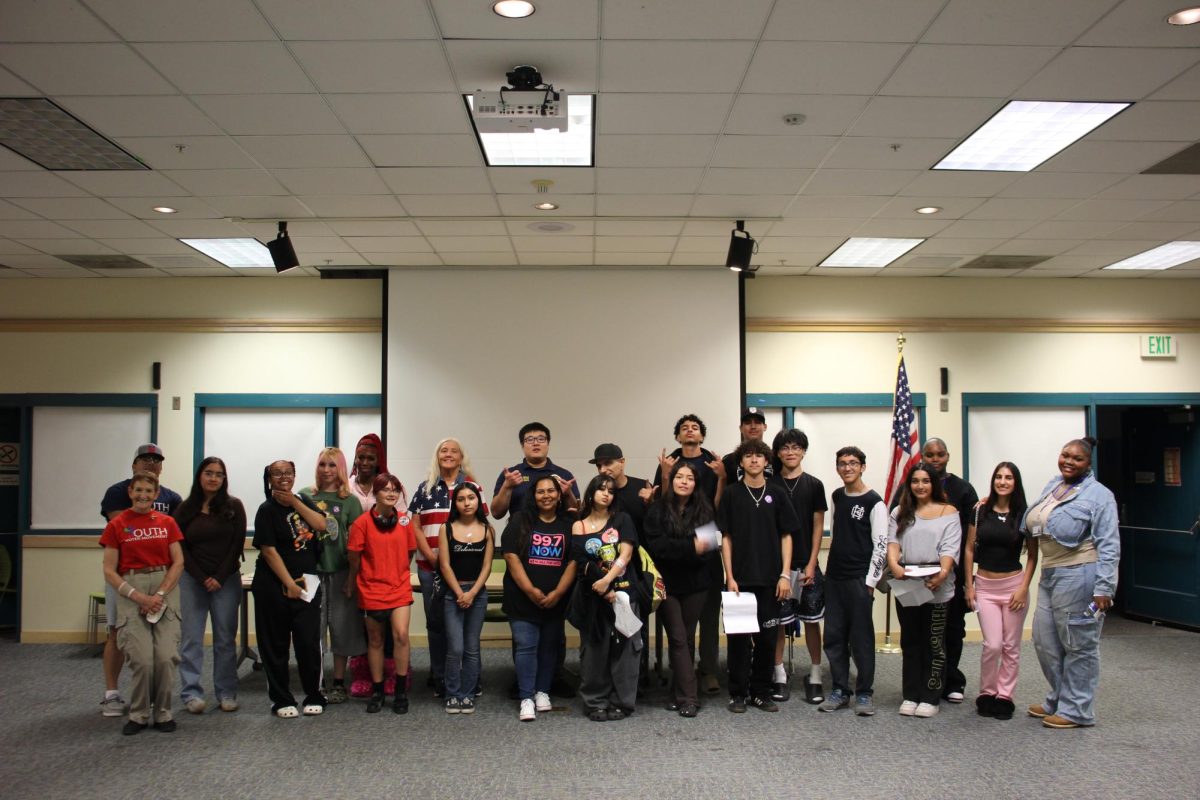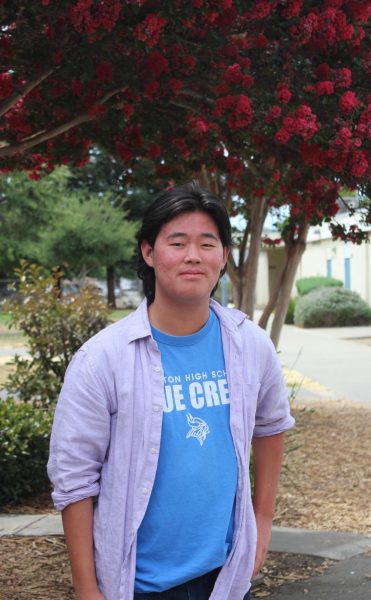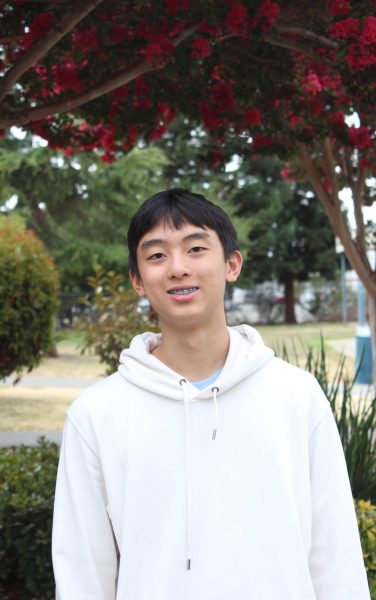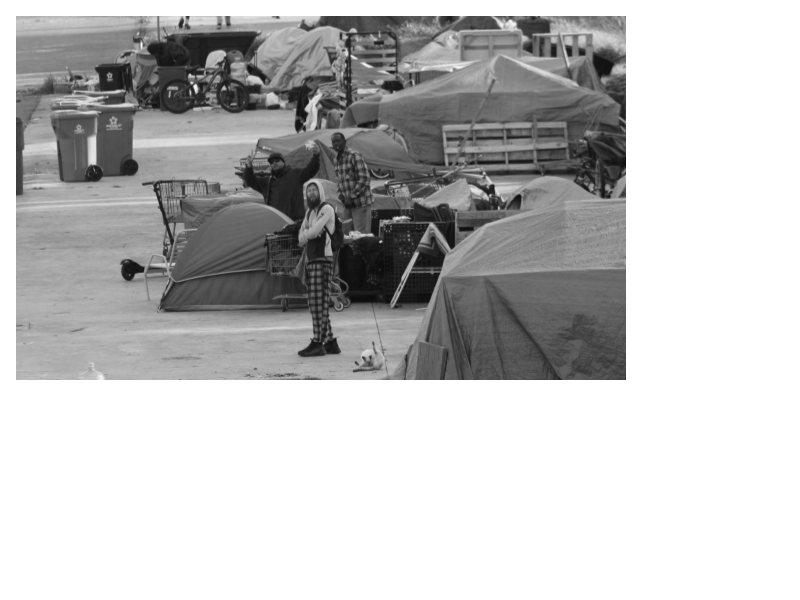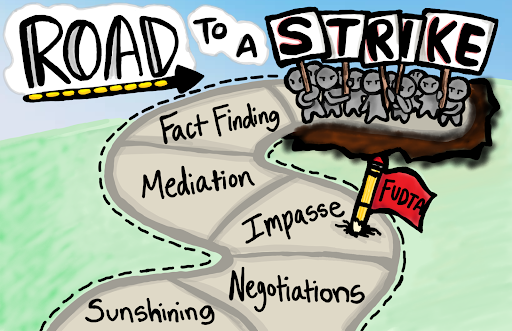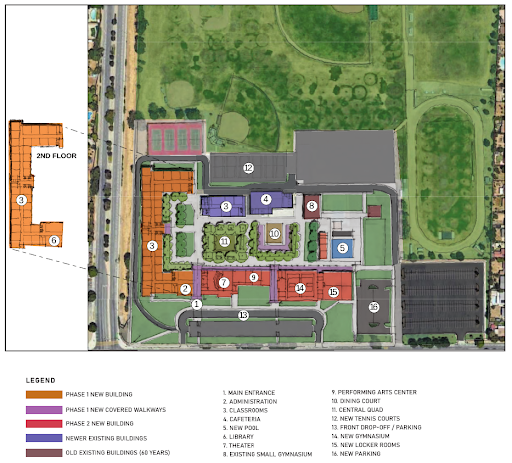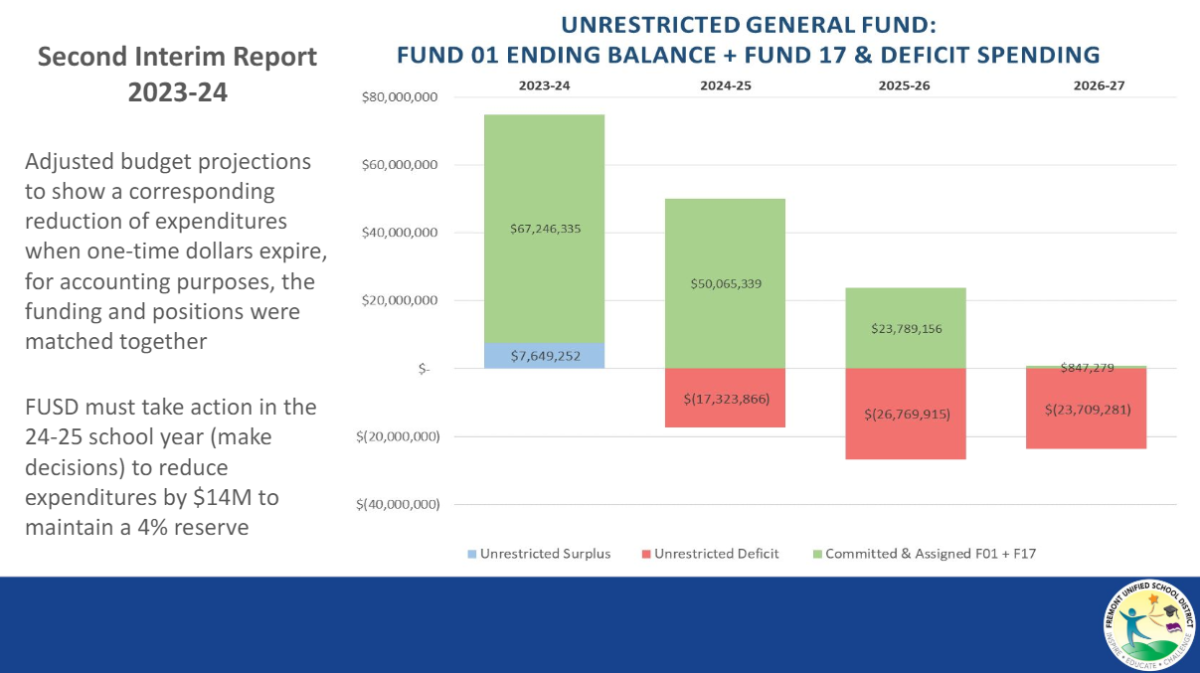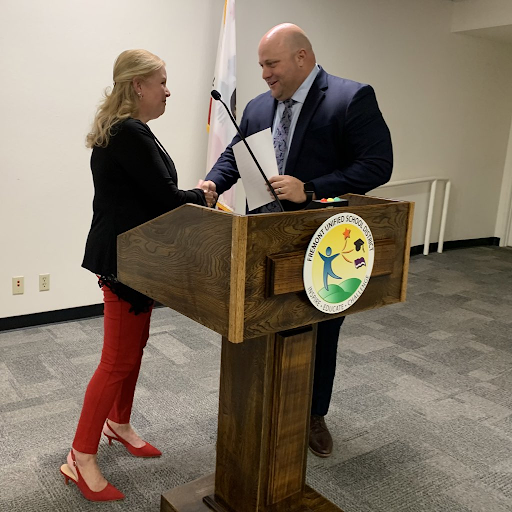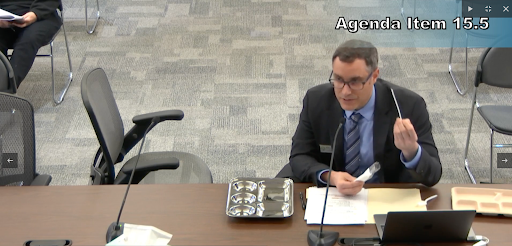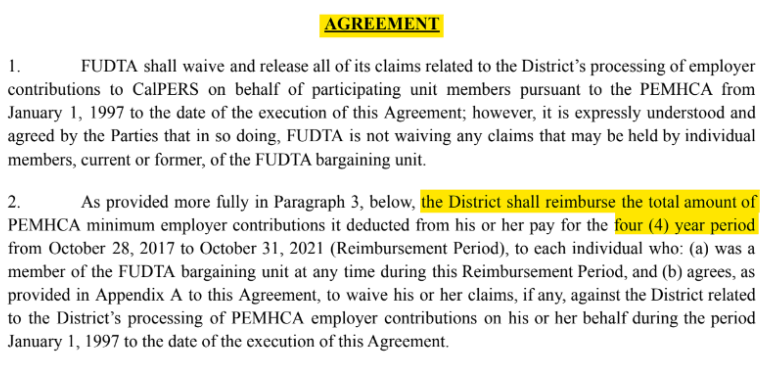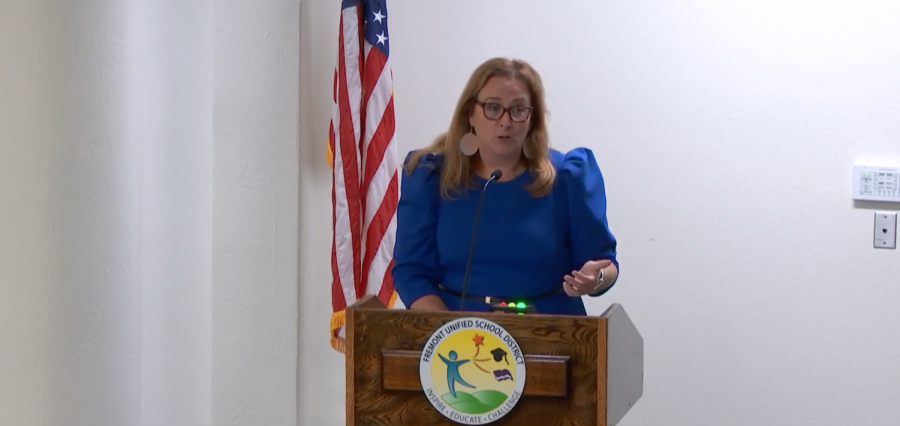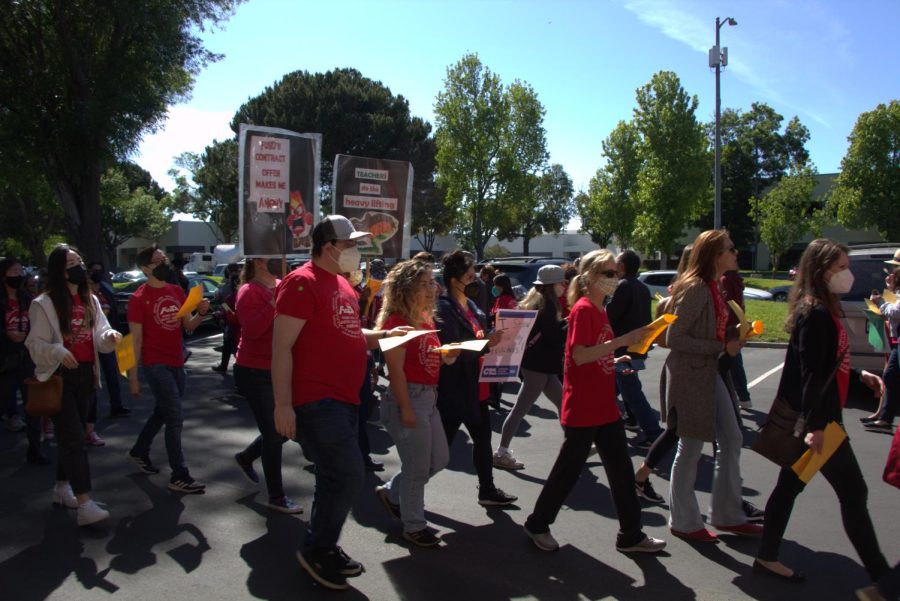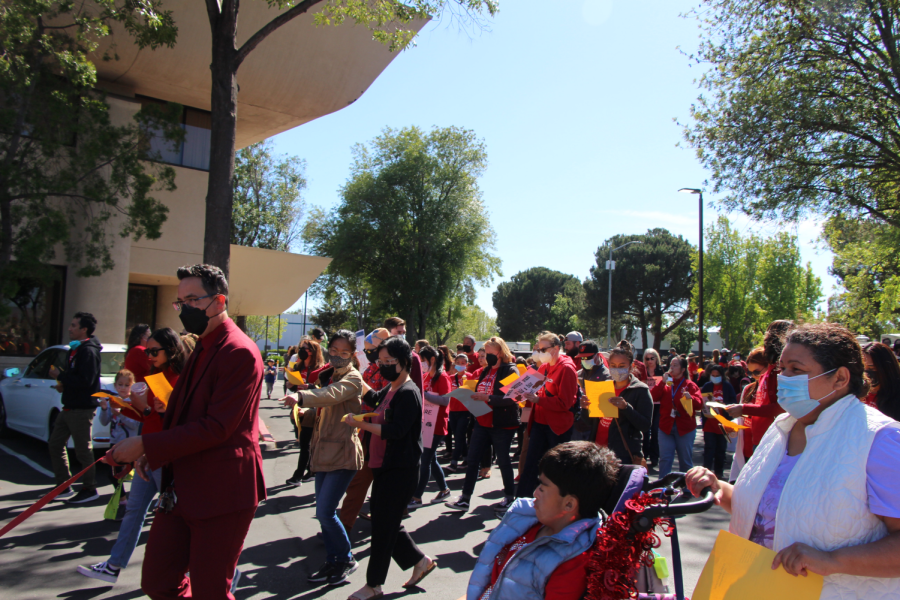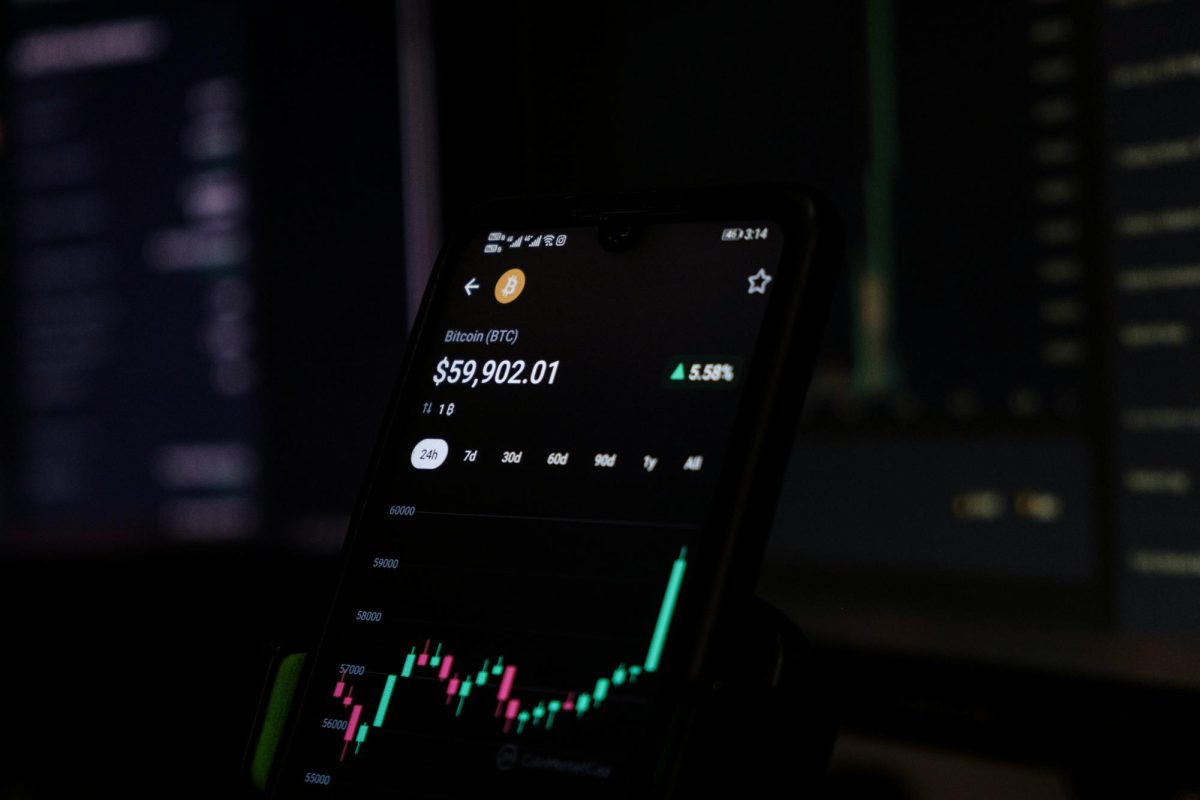On September 10, the Alameda County Library, the Youth Voter Movement (YVM), and the League of Women Voters (LWV) jointly held a watch party and discussion for the September ABC News Presidential Debate between Donald Trump and Kamala Harris. Just over 20 students across FUSD, alongside a few adults and volunteers, attended the party at the Fukaya Room at the Fremont Main Library from 6 to 9 PM. Although the watch party was open to the public, the discussion afterward was restricted to high school students and provoked thoughtful reflection, especially among students who had not seen similar political events before. The discussion was hosted by Mary Diaz and St. John, who host shows on the music radio station 99.7 NOW.
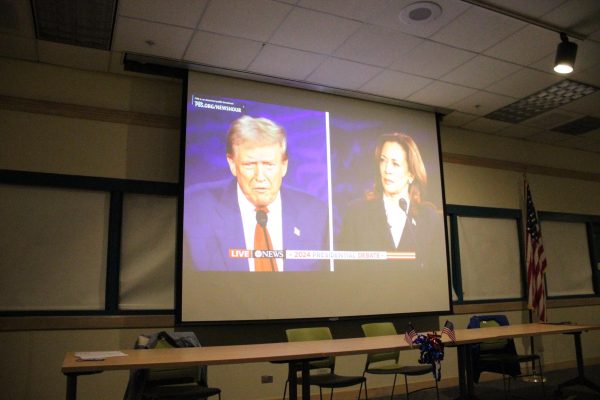
For the first two hours, attendees watched the debate. Most viewers remained silent and many took notes or referenced bingo sheets provided by the Youth Voter Movement. Occasionally, a few of the candidates’ more sensational statements drew small bursts of laughter from crowd members.
However, the most impactful part of the watch party for most listeners was the discussion afterward. Despite some initial hesitance to answer Diaz and St. John’s questions, the attendees eventually started to warm up and discuss issues in earnest. The mood in the room was skeptical and remarkably nonpartisan, with many participants casting doubt on the vagueness of both candidates’ policy proposals.
Students also expressed disappointment in the candidates’ focus on trading jabs instead of making meaningful appeals. Many felt that the candidates had not sufficiently addressed the issues most pertinent to their own lives, including abortion, drug use, crime, gun violence, and climate change.
Another topic that was brought up repeatedly was lack of trust. Ani Hashemi, a senior at Robertson High School, felt that she didn’t know who to trust throughout the debate. “It was really eye-opening. From what I’ve seen during the debate, I genuinely don’t know who to trust. Both of them were just attacking each other, saying things like ‘you’re wrong because this and that you did that.’” Hashemi felt that throughout the entire debate, candidates called each other names and insults, rather than discussing real topics and their solutions. At the end, she thought that she felt “ really torn in between both of them.” Many other students also agreed with this sentiment, leaving many people still undecided after the watch party.
However, despite feelings of uncertainty, many felt more informed after the discussion. “Myself, I’m like, wow. There’s so many good examples. I’m getting to know a lot of opinions about things that I never knew about, so it was really good to learn about,” stated Takayla Hashemi, an intern with Alameda County. “I’ve learned a lot, it was really eye-opening. I got to hear other people’s experiences and stuff and I really got to talk about mine, so I feel like I came back out with an open heart.”
Abortion was also a hot topic amongst the female-majority audience. Students felt that they were a lot more informed after, and raised questions about bodily autonomy and women’s rights. Many felt that the issue was merely glossed over and lacked adequate coverage from either candidate.
Many of the students also expressed the opinion that topics that affected them the most were not touched upon at all, despite being very important. One attendee said, “I thought it was a mess because they were going around back and forth, not talking about education for kids, not talking about drug use, or gun control.” Another student agreed, adding, “Kids are using drugs because they feel like they have no help at school. I feel like kids tend to go to drugs because they feel like that’s the only thing that helps them in life.”
Although unsatisfied by the debate itself, many found the discussion afterward more eye-opening and informative. As one student put it, “Everyone’s opinions opened my mind more, and hearing everyone made me think, hey, you guys think like me too.”
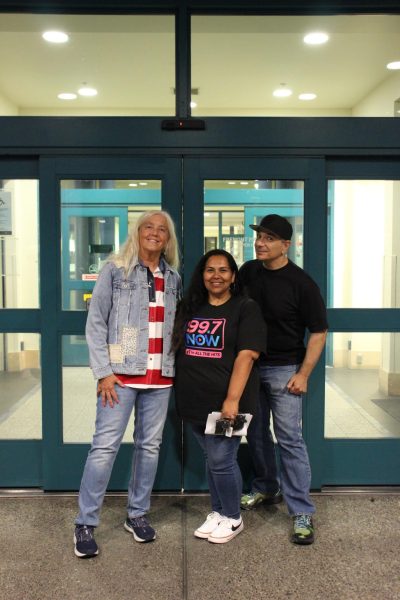
Event organizers also shared this positive outlook toward the discussion. Julie Dunkle, co-founder of the YVM and one of the event organizers, had hoped the discussion would emulate mainstream news networks’ focus groups.
“Some of the most powerful moments of the night,” she said, “happened when somebody said, ‘I wasn’t aware of that situation until you had commented on that — I didn’t understand that part of your reality — until you shared your personal experience.’”
For St. John, the discussion was as surprising as it was insightful.
“I might have had an assumption that people would think or vote one way,” he explained. “But to hear that neither of these candidates necessarily really addressed everybody’s concerns was a little surprising.”
Diaz, who worked for years in the New Haven Unified School District, was optimistic about the future of youth civic engagement moving forward. “The youth is just so powerful,” she said, “and I want them to feel that and take ownership of it. I try to share a little piece of that on the air — that there’s something right here in the Bay Area that has looked out for you and is right here in your own backyard.”


